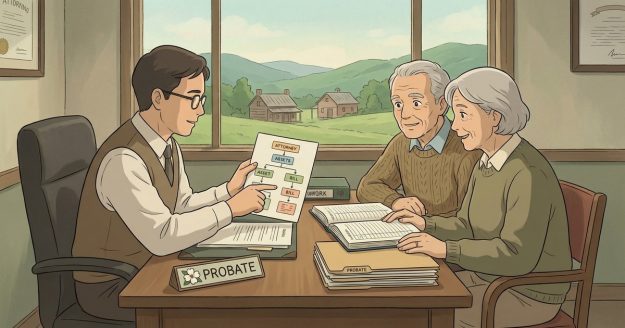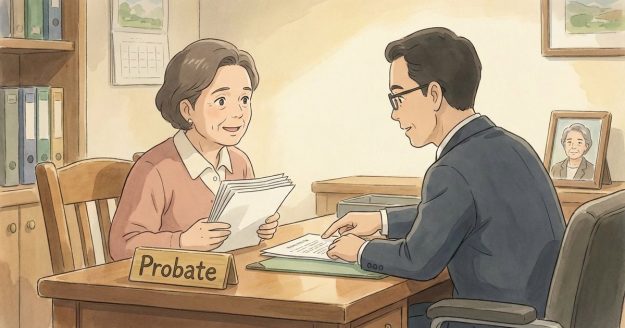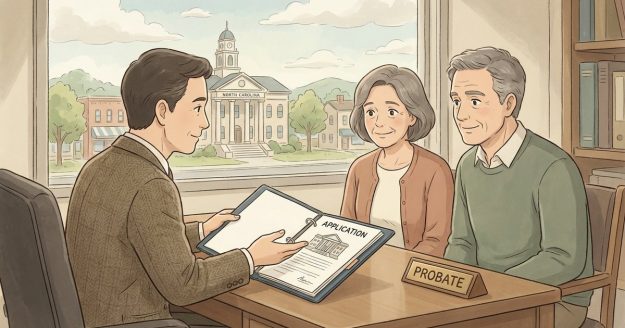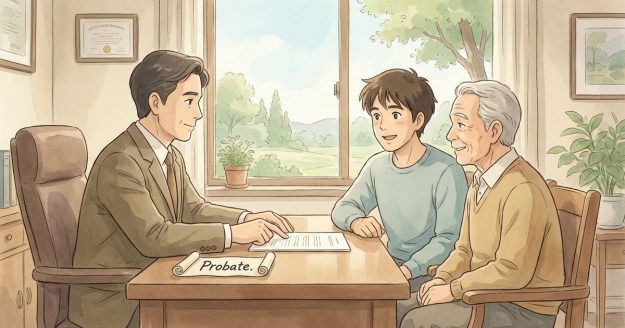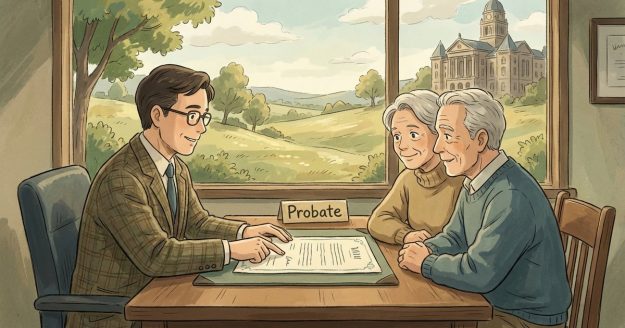Why would a bank stop providing account statements after a certain month when I requested statements from the date of death to the present? nc
Why would a bank stop providing account statements after a certain month when I requested statements from the date of death to the present? – North Carolina Short Answer In North Carolina, a bank may stop producing statements in the decedent’s name after the account is treated as belonging to a surviving owner (for example,…


